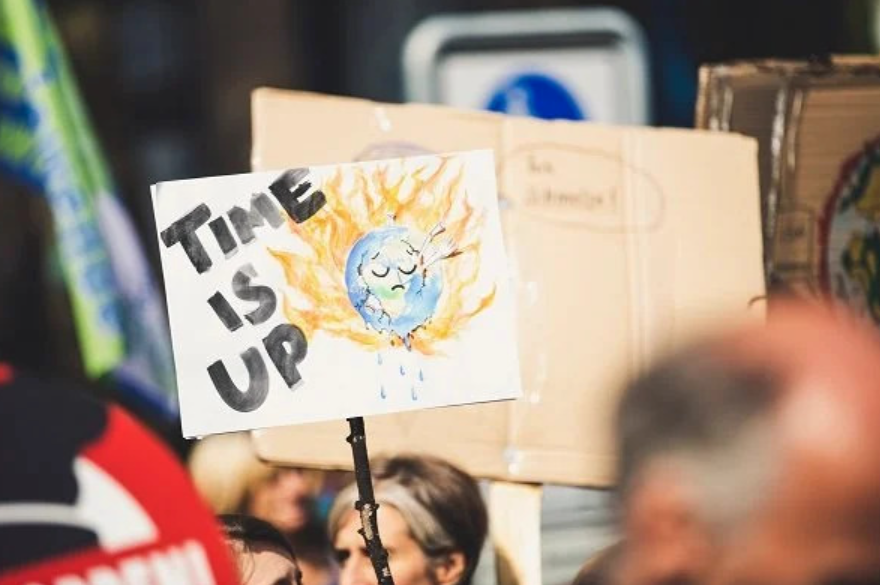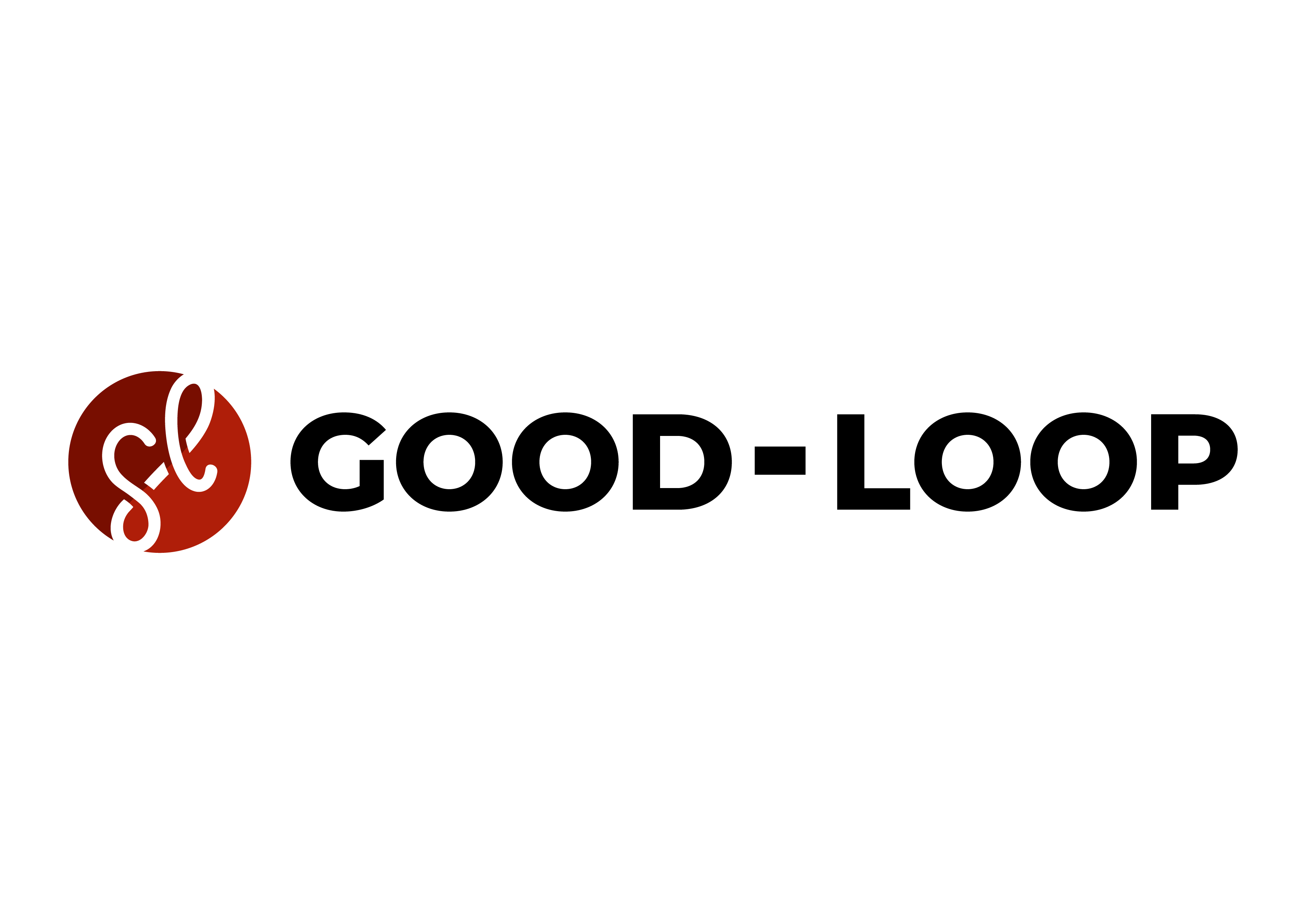The easy answer to the climate crisis is: stop burning coal, oil and gas. But how we do that is a totally different question. With a new focus on "demand-side" emissions, could this transform how we solve the crisis? Are you and I the answer we have all been looking for?
The Report
We've now got the third and final part of the Intergovernmental Panel on Climate Change's sixth assessment report, the mitigation report. This report aims to set out how we can mitigate the causes of climate change - it's essentially a roadmap of how to get out of this climate mess.
Emissions are still rising for every major greenhouse gas and we are now trudging along a path to warming way above 1.5 degrees celsius. Some scientists warn that we are on track to hit up to 3 degrees warmer than expected. We are already seeing more dramatic weather patterns, stronger storms and devastating forest fires with just 1 degree of warming.
The IPCC mitigation report doesn't actually tell us what we should do, but more what the consequences are of what we could do, and the message is pretty clear: fossil fuels need to be cut. With the cost of renewable energy (specifically solar, wind and batteries) the lowest it has ever been before, this should be a no-brainer switch... Right?
Turns out, not everyone agrees. Renewables are still a very small percentage of the overall energy mix so we need to increase the use of renewable energy as quickly and as cheaply as possible.

Source: Schroders
What's this got to do with you and I?
A major takeaway from this report is that decarbonisation solutions are available or at least foreseeable for virtually every single sector. For the first time ever, this climate report has a focus on "demand-side mitigation" which is a significant departure from their usual focus on the "supply side" of climate change i.e. the burning of fossil fuels.
To quote the report:
Somewhat groundbreakingly in chapter 5, the question has essentially been posed: "Are people actually demanding fossil fuels and energy, or are they actually just demanding services?"- and that question alone could up-end a rigid belief about how our economies work.
We must consider the entire demand-side aspect of climate change and the possible theory that the fossil fuel industry is using a fabricated narrative of demand-driven production to excuse their activities.
A shocking stat from the report: "Demand-side strategies, categorised under Avoid, Shift, Improve, can reduce 50-80% of emissions across all sectors (high confidence)." That's a huge impact!
However, this inclusion of demand-side aspects of carbon emissions has come under some debate. Some argue that cutting carbon is expensive and decarbonisation strategies are only restricted to populations that have attained a certain level of wealth and well-being.
Others argue that this new focus could lead to a new greenwashing wave with companies and advertising agencies chomping at the bit with sustainable and lifestyle briefs to prove they are "doing their bit".
How can we report on "avoided carbon"?
For the first time people are part of the climate calculations - with a predicted 5% cut in carbon 'rapidly' possible if we encourage people to do the right things such as eat less meat, fly less, drive electric vehicles etc. as suggested in the report. For some, this may mean big polluting corporations are let "off the hook", while for others, this is an empowering shift that puts the climate crisis into the hands of you and I.
However as individuals are now part of the solution, we must tighten up on how we report on social responsibility and "avoided carbon". Did your consumer really do something they wouldn't have done otherwise after seeing your ad campaign? Did your consumer's choice really avoid or reduce carbon emissions?
Work is underway to set new standards for claiming "avoided carbon" (such as Mission Innovation ) and as the light is shone on social impact, we will certainly see more tools, standards and measurements emerge.
Moving forward
Unfortunately, most of modern society - from growing food, to transport, to generating electricity - creates greenhouse gasses and whilst it is without question that encouraging a vegan lifestyle and making electric cars more accessible will make a difference, it is not going to solve this problem.
Corporations and businesses can (and do) have an effect on human consumption behavior and lifestyle emissions, at scale. For example, Levi's "buy better, wear longer" campaign to dissuade people from fast fashion or Google Maps offering alternative routes to save carbon emissions. If we are to include humans as part of the solution, we must develop a more effective way in which to measure our impact (be it good or bad).

